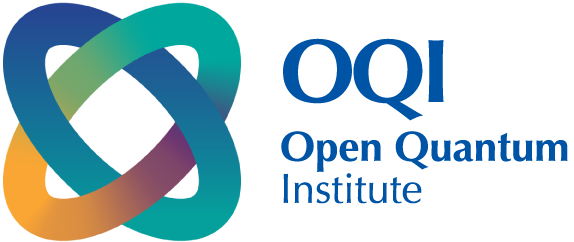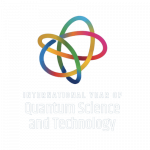Smart Grid Management
Quantum optimisation solution to improve the management of large energy grids and efficiently distribute energy
OWNER
STATUS
Phase 2 – Full Proposal
QUANTUM APPROACH
Optimisation
SDGs
CONTRIBUTORS
Classiq
Wolfram
International Atomic Energy Agency (IAEA)
ORIGIN OF CONTRIBUTORS


IMPACT/CONTEXT:
The world’s growing energy demands while integrating renewable energy sources for a sustainable future require efficient and reliable management of electrical grids. Efficient grid management is essential for reducing energy losses, ensuring stable power supply, and supporting the transition to sustainable energy systems. The International Energy Agency (IEA) has highlighted the importance of electricity grid improvements, emphasising the critical role of grids in clean energy transitions as the need for system flexibility is expected to continue to grow in the future. The challenge of efficient grid management is global in nature, affecting both developed and developing countries. Smart grid management is a cornerstone of modern infrastructure, supporting the development of resilient infrastructure by enhancing the grid’s ability to adapt to real-time supply and demand fluctuations.
HOW COULD QUANTUM HELP:
Currently, smart grid management problems are approached using various classical computational methods. These computational models are useful because they allow for simulation of complex grid scenarios, optimization of resource allocation and prediction of demand and supply fluctuation. Available datasets typically include historical and real-time power consumption data, weather data for renewable energy forecasting, grid topology and capacity information, as well as energy market pricing data. Many optimisation problems in grid management, such as resource allocation or power flow optimisation, are NP-hard problems. This means that as the size of the problem increases, the computational resources required to solve it classically grow exponentially. These methods struggle with the complexity and scale of modern power systems, especially when integrating large-scale renewable energy sources. The introduction of quantum computing could offer new possibilities to explore larger solution spaces more efficiently, providing more efficient solutions for complex grid optimisation problems.
